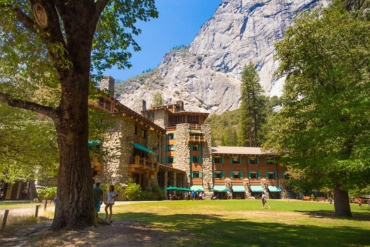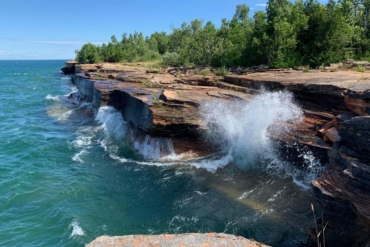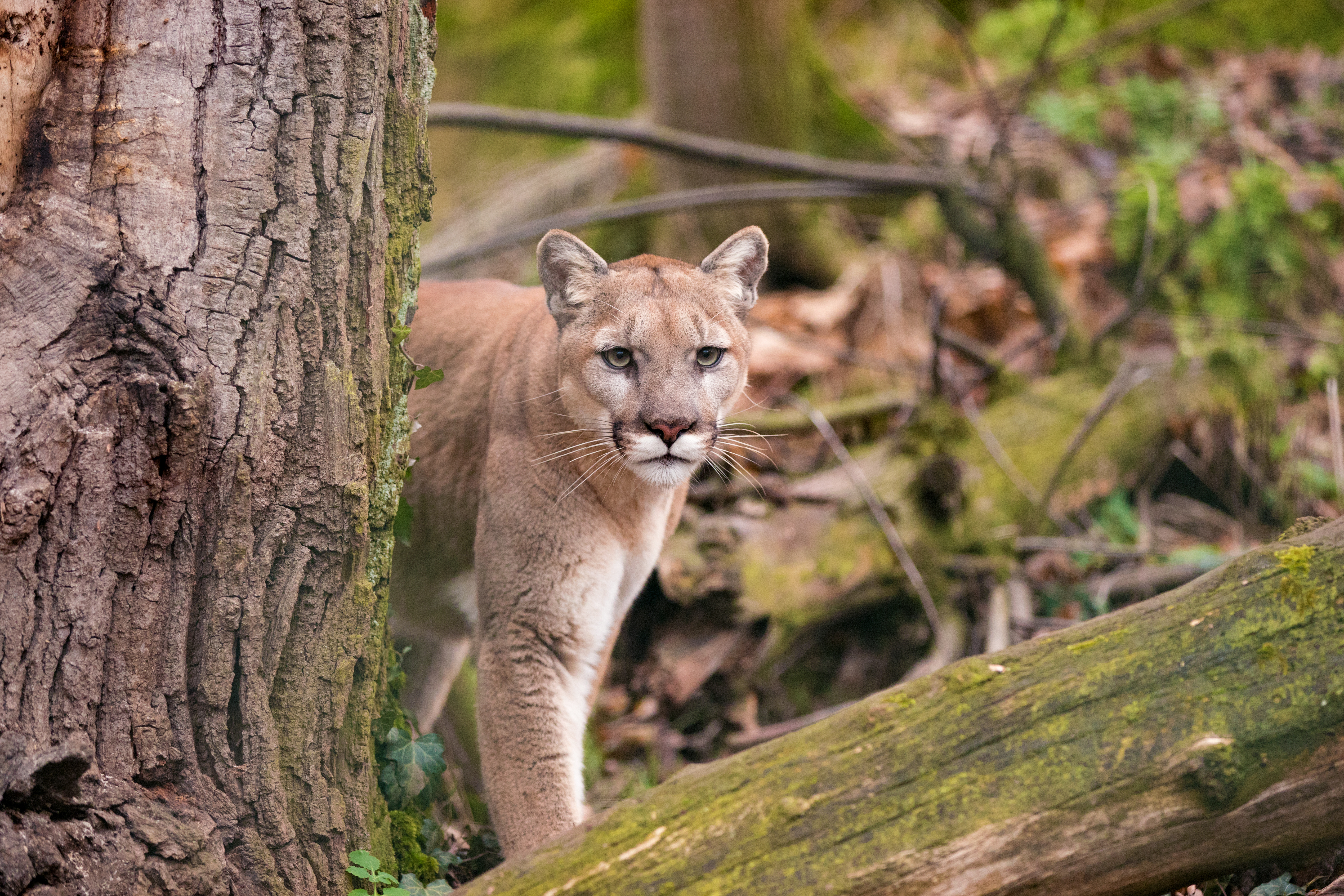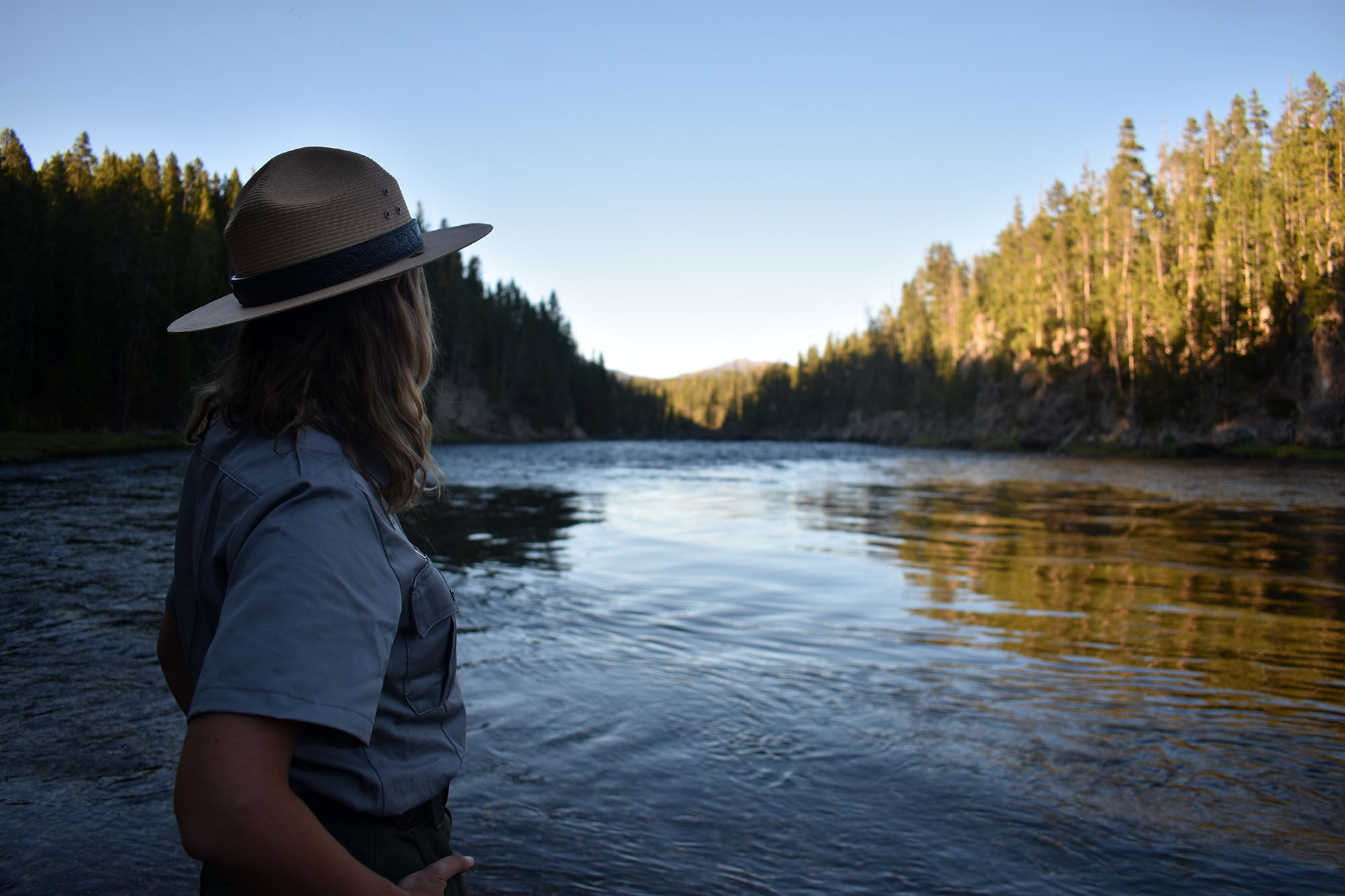A Wyoming lawsuit could determine the fate of millions of acres of public land that remains inaccessible to the public because of private land ownership.
If you put together all the public lands that Americans can’t actually reach, it amounts to an area more than 10 times the size of Yellowstone National Park.
It sounds difficult to believe, yet that’s exactly what research from onX has shown. Known primarily as a navigation app popular with hunters, the digital mapping company has also been working to improve access to public land.
OnX released a report in 2021 showing that nearly 16.5 million acres of public land around the country can’t actually be reached — not legally, anyway. Many public lands are surrounded by private property, so anyone who tries to visit, including government officials, risks trespassing charges from landowners.
But with the onX app, anyone can now see where these public lands are located. When a group of Missouri hunters used the app for hunting on Wyoming’s Elk Mountain in 2020, it resulted in an ongoing lawsuit that could address legal ambiguities about American land access.
It’s just the beginning of efforts by onX and other groups to expand access to public lands across the country.

$7 Million in Damages for Crossing a Boundary
At 11,000 feet high and covered with dense aspen groves, Southern Wyoming’s Elk Mountain offers premium hunting. It has elk, pronghorn antelope, and mule deer — and is technically public land.
Unfortunately, those 11,000 acres of public land are surrounded by the private property of Fred Eshelman, a drug company founder from North Carolina, The New York Times reported.
But that fact hasn’t deterred everyone. In 2020, a group of four Missouri hunters used the onX app to hunt on Elk Mountain, killing several bull elk. That led to a charge of criminal trespassing. At trial in April, a Wyoming jury only needed 2 hours to find the hunters not guilty.
By then, however, Eshelman had already filed a civil suit as well. According to court filings, he now claims the hunters diminished the value of his 22,000-acre property by between $3.1 million and $7.75 million — just for passing through.
That’s “the most egregious thing I’ve seen,” said Land Tawney, the president and CEO of Backcountry Hunters & Anglers (BHA). The organization has joined the fight on behalf of the hunters, starting a GoFundMe page and raising over $110,000 to pay their legal fees.
The core issue of the case is the legality of corner-crossing. In short, it’s a method of accessing “landlocked” public lands that remains a legal gray area.

What Is Corner-Crossing?
In the ongoing civil suit, the Missouri hunters contend that it’s legal to reach Elk Mountain through the practice of corner-crossing.
In a report produced this year, onX uses a checkerboard image to explain the concept. Essentially, much of the Western U.S. has long been divided into alternating plots of private and public land. Corner-crossers — like the Missouri hunters in Wyoming — reach the public land squares by moving diagonally.
This practice is neither legal nor illegal, according to onX, which is not directly involved in the court case.
“At every point where four squares meet, there is a property corner ripe for controversy,” onX wrote.
With the Wyoming civil case, BHA sees an opportunity. The group’s leaders want to settle the issue of corner-crossing once and for all. This week, the organization filed an amicus brief arguing that the court system already ruled that corner-crossing is legal.
“A private landowner with half the ownership of a corner does not have a veto over access by the owner of the other half of the corner — namely the federal government, and by extension, the people of the United States,” the brief said.
The case has enormous implications for public land access.
If the courts decide that corner-crossing is illegal, about 8.3 million public acres would become “corner-locked,” according to onX’s report. Roughly 2.4 million acres of that lie in Wyoming.
“Individuals should not have to roll the dice and potentially subject themselves to the mercy of litigious landowners or local prosecutors just to recreate on public land that they legally are allowed to use,” attorney Eric Hanson wrote in the brief for BHA.

onX: America Needs More Public Lands
Access to public land has become more important with the growing popularity of outdoor recreation.
Just as Access Fund and Patagonia work to protect climbing areas, onX and BHA want to expand the public lands available to everyone.
“We need to find more places to reduce our impact so we don’t love our outdoor places to death,” said onX spokesperson Molly Stoecklein in an interview with GearJunkie. “It isn’t just for hunters.”
Through onX’s grant work, the company has helped secure public access to 76,000 acres of previously inaccessible land. That’s accomplished mainly through land swaps and easements, Stoeklein said. Sometimes, it also means hosting conversations between advocacy groups and private landowners.
“We don’t want to vilify private landowners,” she said. “Public lands are really important to us, but in the land, we’re all in this together.”








